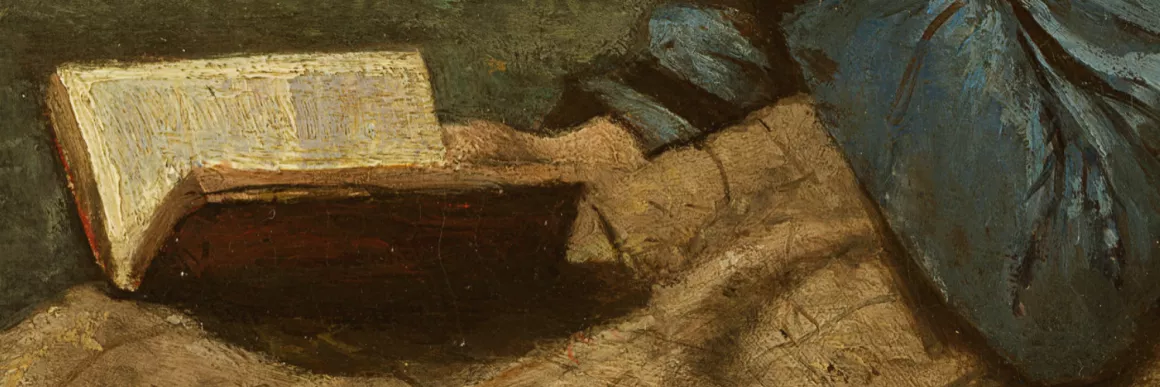Is Romantic prose a neutral instrument of representation? Does it struggle to engage questions of experience and sensation in new ways? How should prose be understood in relation to poetic expressiveness? The essays in this volume explore Romantic prose across multiple genres as a kind of performative utterance that redraws the boundaries between the private and the social.
Abstract
This essay examines Sydney Owenson’s strange syntax—at once ornate and truncated, full of floating modifiers and attributions that remain forever unresolved—as a medium for her explorations of sensation and perception. Tracing the form of her novels in conjunction with her meditations on empiricism, it argues that Owenson’s syntax resists the ontic and formalizing claims of a Common Sense philosophy of perception.
Abstract
"The Privatization of Public Life: Free Direct Discourse in Persuasion" argues for the importance of other narrative techniques beyond free indirect discourse in Jane Austen’s work, such the related but in many ways opposed form, free direct discourse. Paying particular attention to such techniques, I contend, allows us to see the ways in which public discourse in a novel such as Persuasion is repeatedly converted into a medium for private feeling.
Abstract
This essay briefly explores two developments that produced a remarkable turn in the relationship between philosophy and literature between the publication of Hume’s Treatise in 1740 and the heyday of the Romantic familiar essay in the 1820s: the socialisation of experience by Scottish Enlightenment thinkers and the impact of belletristic periodical culture upon philosophical discourse. These changes were interconnected, jointly exhibiting a swerve away from systematic epistemology and towards a form of essayism.
Abstract
This article makes the case that perlocution, a notoriously tricky species of speech act, opens up news ways of thinking about De Quincey’s autobiographical writings, particularly Suspiria de Profundis. Because its effects are indirect, uncertain and unpredictable, perlocution helps us understand language’s ability to entangle: readers, writers, memories, experience, events, other texts. That uncanny ability to entangle things—and our inability to ever fully disentangle them—is one of De Quincey’s abiding preoccupations.
Abstract
The sense of an occasion is inseparable from the productivity that characterizes Romantic prose. Carl Schmitt's account of the "subjective occasionalism" of Romanticism offers us an analytical point of departure. But I argue that Romantic prose tries to deepen, extend, or formalize this sense of occasion. It tries to express, and sometimes embeds within itself, the social conditions of acts of utterance.
Abstract
Is there a place for the spiritual in literature? James Hogg's long poem The Queen’s Wake and his sprawling prose narrative The Three Perils of Man appear to literalize an affirmative response by giving play to spirits and other supernatural phenomena. And yet, Hogg’s answer may actually be no, if only because “literature” as imagined by his friend and rival, Walter Scott, downgrades spiritual intensities to the status of cultural differences from everyday life.
Abstract
A recent media turn in Romantic studies has foregrounded the ballad—and poetry more generally—as a privileged site for understanding how questions about medium and mediality feature in the writing of the period. But do such questions feature in the era’s prose genres, as well? And is it possible to talk about a medium of Romantic prose as Celeste Langan and Maureen N. McLane talk about a medium of Romantic poetry?

